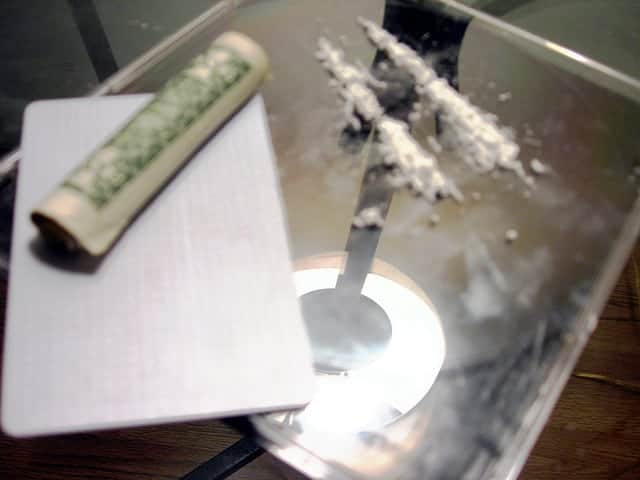How Drugs Affect the Brain
Drugs are chemicals that work their way into the brain’s communication system. They disturb the way nerve cells would ordinarily send, receive, and handle information. There are at least two ways that drugs are capable of doing this. Firstly, they mimic the brain’s usual chemical messengers. Secondly, they over stimulate the “reward circuit” of the brain.
There are certain substances which have a similar structure to chemical messengers. These are called neurotransmitters, which are naturally created in our brains. Due to this commonality, these drugs are able to “trick” the brain’s receptors and stimulate nerve cells. They send irregular messages.
Cocaine or methamphetamine are amongst other drugs that can cause the nerve cells to release uncharacteristically large amounts of natural neurotransmitters. Or, they avert the normal recycling of these brain chemicals. The signal between neurons is essential. This disturbance creates a significantly greater message. It ultimately disturbs normal communication patterns.
The majority of drugs focus on the brain’s reward system by saturating the circuit with dopamine. Dopamine is a neurotransmitter existing in regions of the brain that control movement, emotion and feelings of pleasure. Dopamine thus creates overstimulation of this system. Ordinarily, they respond to natural behaviours that are linked to survival. It produces euphoric effects in response to and as a result of the drugs. Such an intense reaction, therefore, creates a pattern that “teaches” people to continue the drug abuse.
Dopamine
The brain adjusts to the huge surges of dopamine. The brain will produce less or decrease the amount of dopamine receptors in the reward circuit. Consequently, dopamine’s influence on the reward circuit is reduced. This limits the abuser’s ability to take pleasure in using the drug that created a similar elated effect. This decline compels those addicted to drugs to continue abusing such substances. This is to try and regain their regular dopamine function. However, it is very likely that they may now require larger amounts of the drug to attain the dopamine high. This is an effect known as tolerance.
Drugs – Impact on Brain
Continuing long lasting abuse instigates changes in alternate brain chemical systems and circuits. A neurotransmitter, glutamate, influences the reward circuit and one’s learning ability. When the distortion of optimum concentration of glutamate occurs by drug abuse, the brain tries to compensate. This can lead to the impairment of cognitive function. Drug abuse eases non-conscious learning. This allows the user to experience overpowering cravings when they see something associated with the drug experience. Even if the drug itself is not obtainable.
Studies using brain imaging of drug-addicted individuals show changes in areas of the brain. That are crucial to judgment, decision making, learning and memory, and behaviour control. Altogether, such changes can force an abuser to look for and take drugs impulsively. Despite adverse consequences—in simpler terms – drug addiction. Drug rehab is important to stop these effects taking hold.
The Haynes Clinic is an alcohol and drug rehab and addiction treatment centre which successfully teaches people how to stop drinking and using drugs.
Call 01462 851 414 for a free consultation today.




